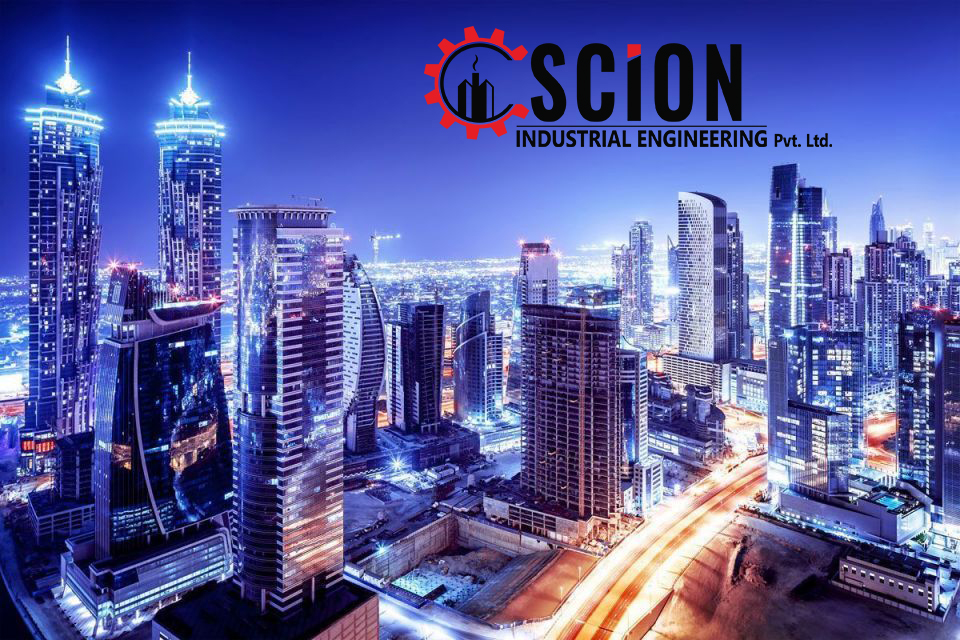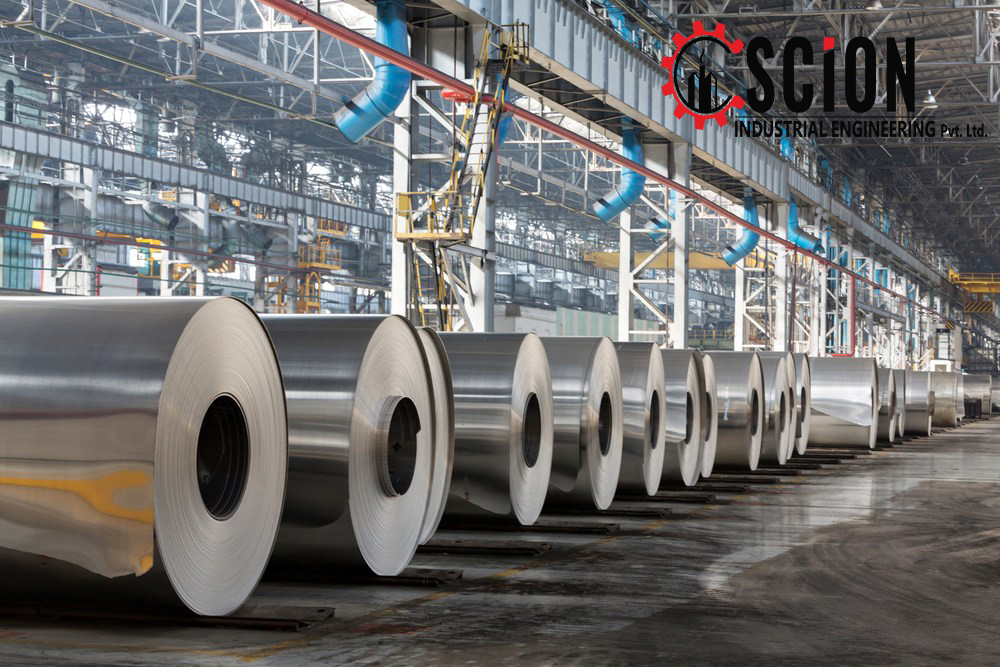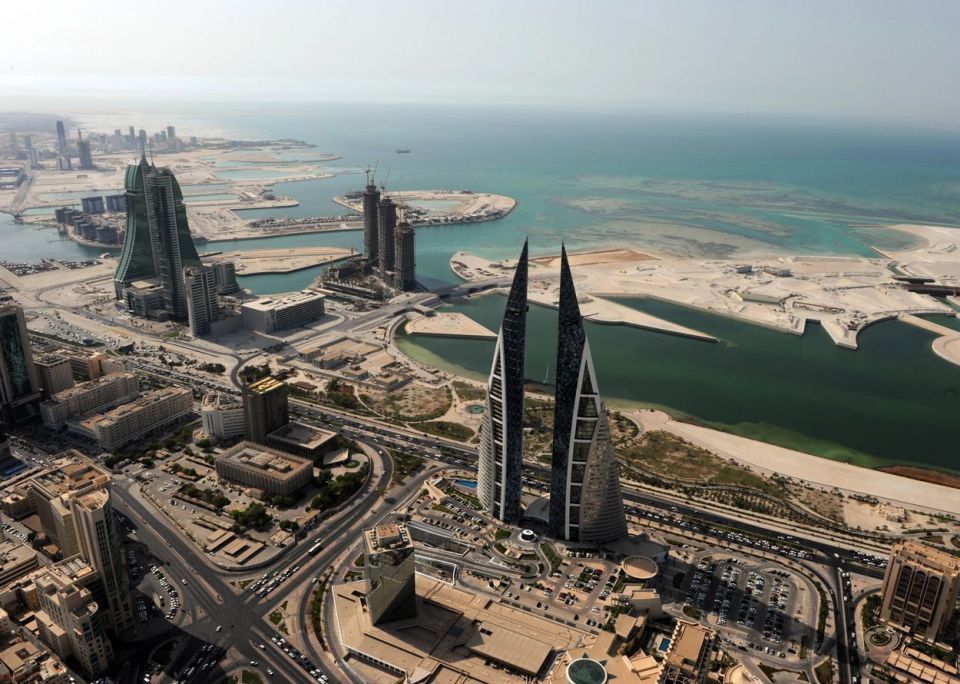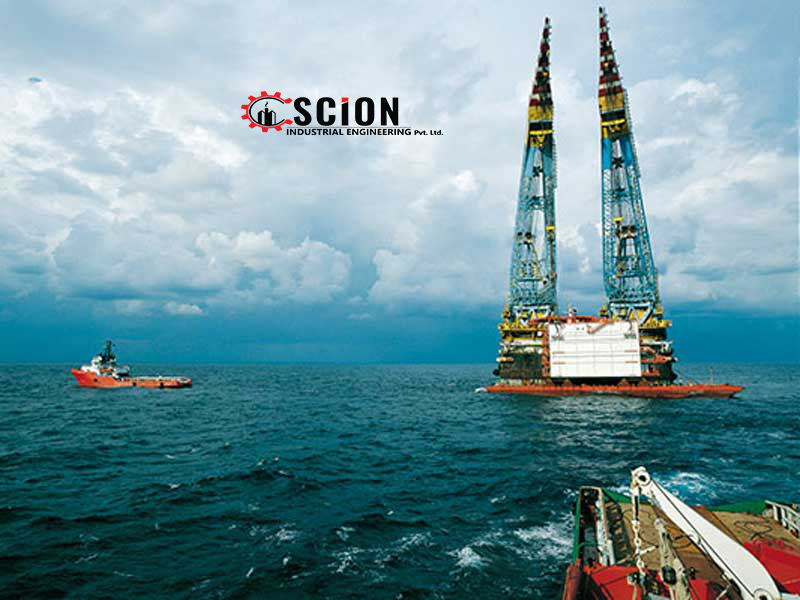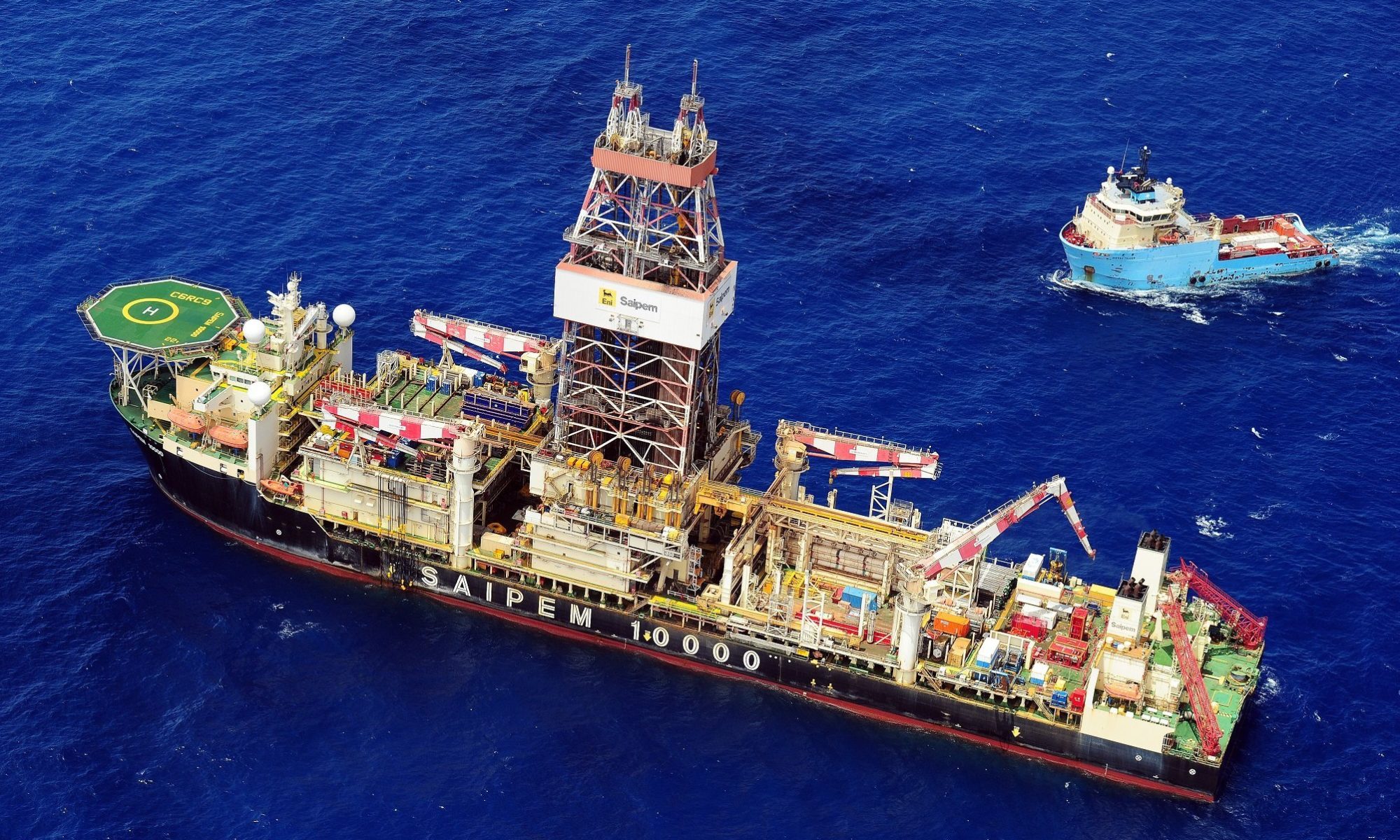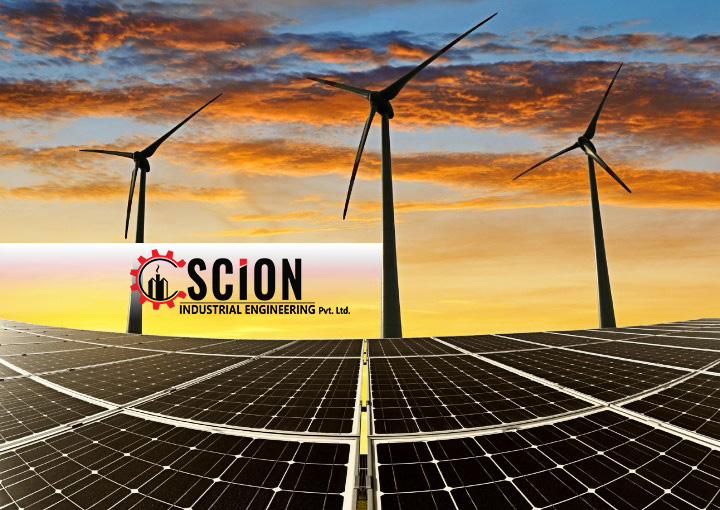Abu Dhabi’s freehold law which was introduced in April this year will result in “more bankable” property projects, according to Tariq Imam, Partner and Head of Real Estate in Middle East at London-based law firm Clifford Chance.
The new law allows foreigners investors to own land and property on a freehold lease in the following areas: Raha Beach, Reem Island, Al Reef, Lulu Island, Saadiyat Island, Yas Island, Saih As Sidirah, Masdar City, Al Maryah Island, Al Falah, Fahed Island, Hiid Al Saadiyat, Al Jurf in Ghantoot, Nurai Island, Jubail Island, Al Shamkha and Palace Breakwater.
Foreign investors in Abu Dhabi were previously limited to 99-year leases.
Speaking to Arabian Business, Imam said the law will largely impact banks and developers as real estate investments become more profitable.
“It [the freehold law] will have an impact on banks, because banks financing those developers will have to do less due diligence. They will find these projects perhaps more bankable. They will find individual home financing more bankable, because you’re dealing with investors who have a freehold interest lease. So I think there’s definitely an impact on the real estate finance side.
“I think this will also have an impact on developers, because developers with some foreign shareholding will be able to obtain freehold when they previously couldn’t,” he said.
Imam said the UAE stock exchange market will also see more movement as public joint stock companies will also be able to invest more freely in the capital’s property.
“You might have corporates looking to buy and develop their own headquarters where previously they might have been limited. I think the PJSC (public joint stock companies) change is very important in the sense that these PJSCs will now automatically be able to invest in property across Abu Dhabi when previously, they’d been limited.
“And you will hopefully have more participation in the market through those PJSCs so individuals buying shares in listed companies who can now participate in the real estate market more readily. There are a number of different participants who will be impacted beyond just the end-user or residential investor,” he said.
While existing property owners with leasehold interests may be able to switch to a freehold lease depending on their contracts, the law does not address the concern.
“For existing property owners who may have leasehold interests rather than freehold – it’s going to be interesting because that applies not just to individual residential apartment owners who have got a long-term lease, it also applies to sub-developers who have a leasehold interest in the underlying land.
“I think there will be a lot of people like that who presumably will be looking at their contracts to see whether there are provisions in those contracts to upgrade from the leasehold interest to the freehold interest and I know for a fact that there are contracts in the market which provide or anticipate this change of law and provide for the upgrade so there will be people looking at contracts, finding those provisions and working with their counter parties to understand the upgrade,” Imam said.
He added that that it “remains to be seen” how the issue of “fairness” between investors will be dealt with.
“The obvious issue is that you’ve got a lease hold property and now an equivalent investor could obtain a freehold property, what does that mean for the value of your property and the fairness position as between those two types of investors?” he said.
Source:https://www.arabianbusiness.com/property/425317-abu-dhabi-freehold-law-to-make-property-more-bankable-says-lawyer


